Premiere: “Make it Real,” by Las Kellies
On October 14, Las Kellies will release their latest album Friends and Lovers via Fire Records. The record demonstrates new growth in terms of lyrics and production, but the band’s values and chemistry still recall early days.
During the 1970s and 1980s, Argentina was in political turmoil, and in part as a result, local revolutionary artists of the time, such as Los Violadores, were drawn to punk music and ideologies. Decades later, the country’s loud and wild independent music scene remains, exhibited by Buenos Aires’ Las Kellies, which consists of Cecilia Kelly (guitar and vocals), Silvina Kelly (drums and vocals), and most recently, Manuela Ducatenzeile (bass).
Las Kellies formed in 2005 when Cecilia and Silvina met at a gig in the city. They released their debut album Shaking Dog! two years later. Since then, they’ve released three more albums, signed onto a British label, toured across Europe, and jammed with multiple bass players. Then, this past summer, Las Kellies released two singles from Friends and Lovers, “Summer Breeze” and “I Don’t Care,” that both acknowledge the band’s greatest influences, ESG and Delta 5 and offer a sneak peek of what’s to come from the trio’s new lineup.
In light of their upcoming album, Las Kellies talked to She Shreds about maintaining their signature “feminine” sound, writing from personal experience, and the band’s unwavering male-to-female ratio.
Read our Q&A below and check out our exclusive premiere of Las Kellies’ third single from Friends and Lovers (available for pre-order now), the dreamy “Make it Real.”
She Shreds: What was it like growing up in the city of Buenos Aires? For those who have never been, how would you describe the local music scene?
Silvina Kelly: Buenos Aires is a jungle! It’s a really big city. It’s loud, dangerous, crazy, and so pretty, most of all, at night. Growing up there teaches you to be in a state of alert, and you have to develop a fighting spirit if you want to do something like art or music. We had a lot of European influence with the huge immigration during the late 19th century and the first part of 20th century as well. There is a big mix of identities. That’s why there are certain cities in Europe that feel like home. But, despite the similarities, Buenos Aires is a unique, wild city, and you have to be sharp.
The music scene is enormous, very eclectic. It’s getting bigger and bigger, and the independent musical movement here is so important as massive labels.
When the band first formed, you were borrowing instruments from friends and so, to a certain extent, you were limited to the types of sounds you could produce. Since then, you’ve added additional instruments, including the keyboard and synthetic drums. Does the new album Friends and Lovers have multiple layers or is it stripped down like your earlier work?
SK: This record is more like the earlier ones in that sense, but the sound and the production have nothing to do with our first albums. Now that we’ve had a taste of the sound we learned to produce, we can’t go back. Friends & Lovers is a simple record, few layers, few instruments, but it was produced with almost the same intention as Total Exposure.
I know that when you’re in the recording studio, you are very particular about maintaining a “feminine sound,” especially when it comes to guitar solos. How do you determine what is feminine and what is masculine? Does keeping a feminine sound have to do with gender, consistency, or both?
Cecilia Kelly: I think the key is not putting too much effort on it. For me, guitar solos were always something too forced, too fake. Maybe feminine music is letting your essence flow, not trying too much, just letting what’s inside you come out.
Manuela Ducatenzeiler recently joined the band, and in another interview, you mentioned that you’ve always wanted an all-woman band — meaning no boys allowed. Have other bands influenced this decision? And do you think it impacts your writing style at all?
CK: Being three girls absolutely impacts our music. We usually play with our friends who are boys, and that music is awesome, but it has nothing to do with us. If a boy comes in the band, it could work, but it wouldn’t be us. It’s not so easy to explain. It is something you feel when you are playing. It feels right or not, and all girls always felt right.
When you were looking for a new bass player, what did you have to consider?
CK: We were looking for a friend, someone to share everything with, not only touring and making music.
You sing in Spanish, English, German, Japanese, Portuguese, Catalan, and French. Why did you decide to sing in multiple languages? What comes first: music or lyrics?
SK: It was something from the first albums, from the time we were more funny and stupid on stage, when we used to wear costumes and play really bad. We didn’t want to give lyrics that much importance. We considered lyrics as another sound in the song. Now, we don’t feel like that anymore. We write about us, about what we experience, and about people around us. We jam in the rehearsal room. Then we develop the songs. Then, when the song is almost done, we think of an appropriate letter to that.
According to your schedule, you will be performing in Europe this fall. When you’re on tour in other countries, what do you miss most about Argentina?
SK: Our friends, our lovers, our family and mate.



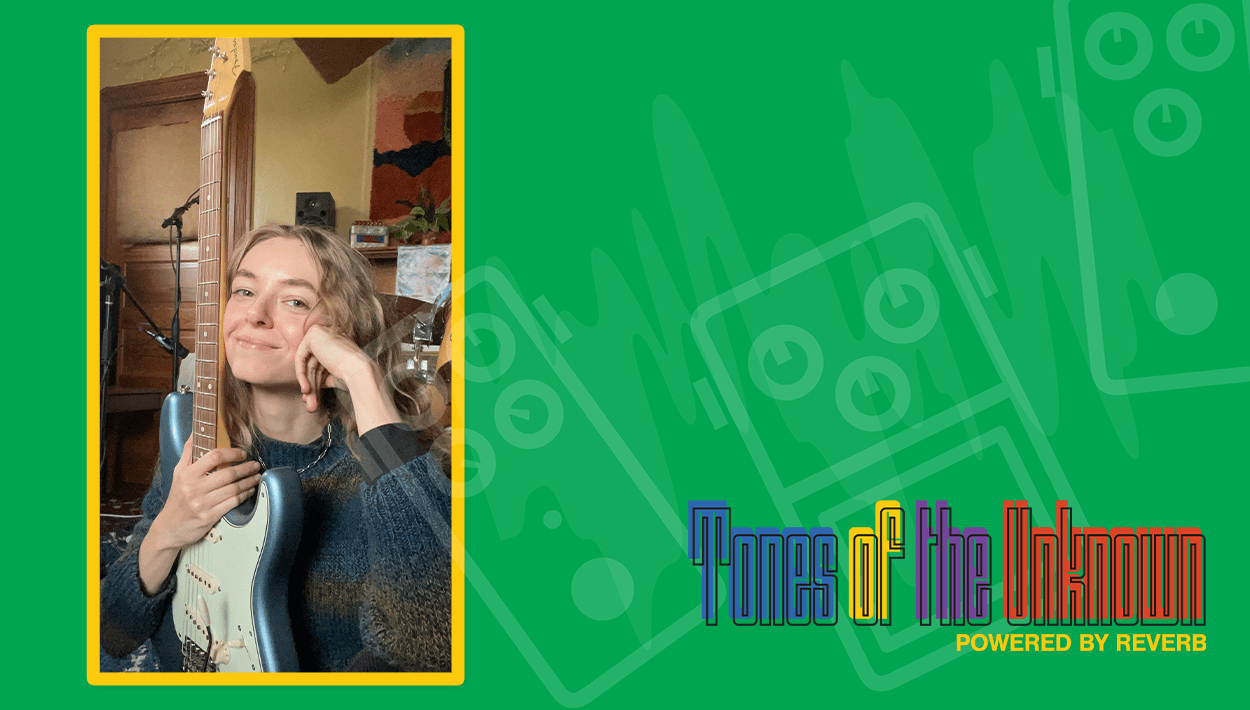

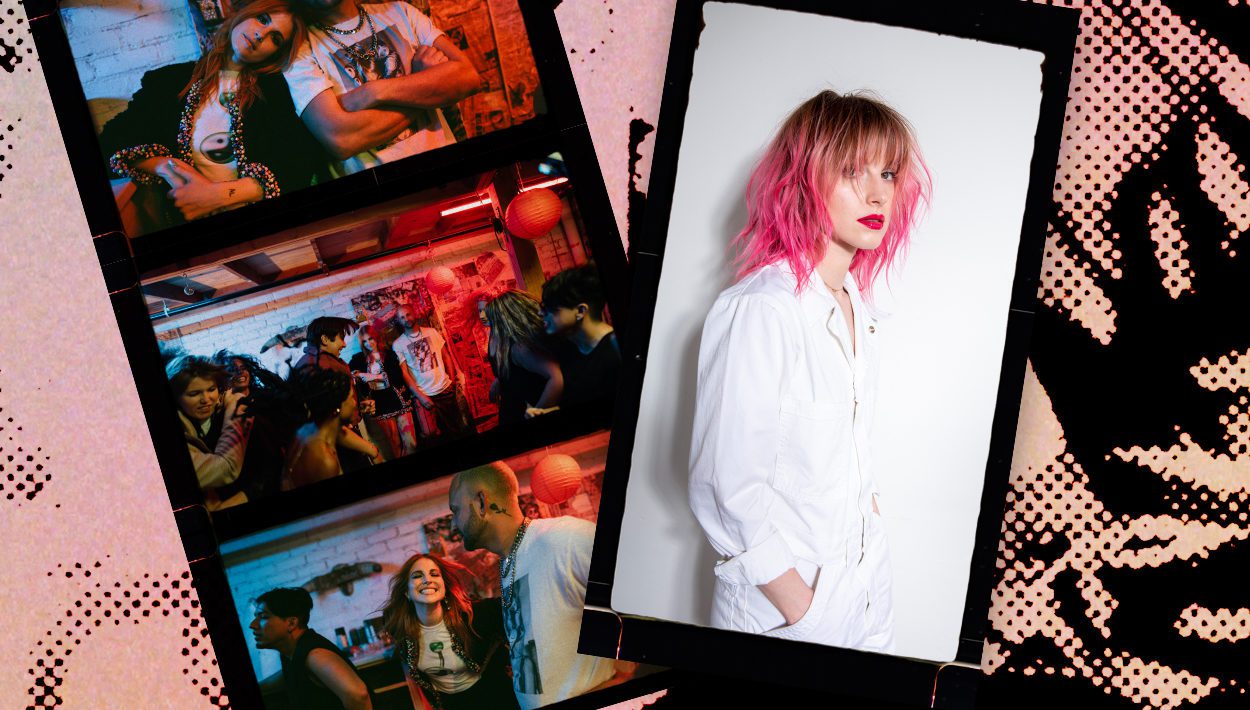
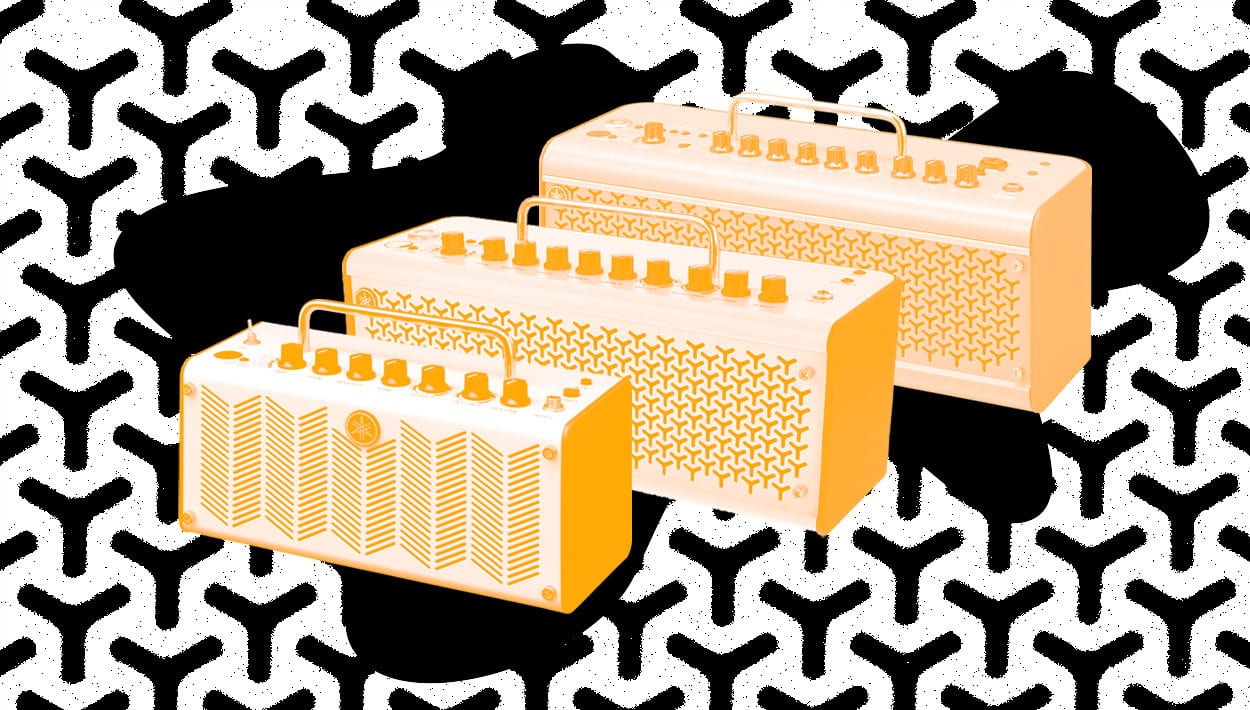

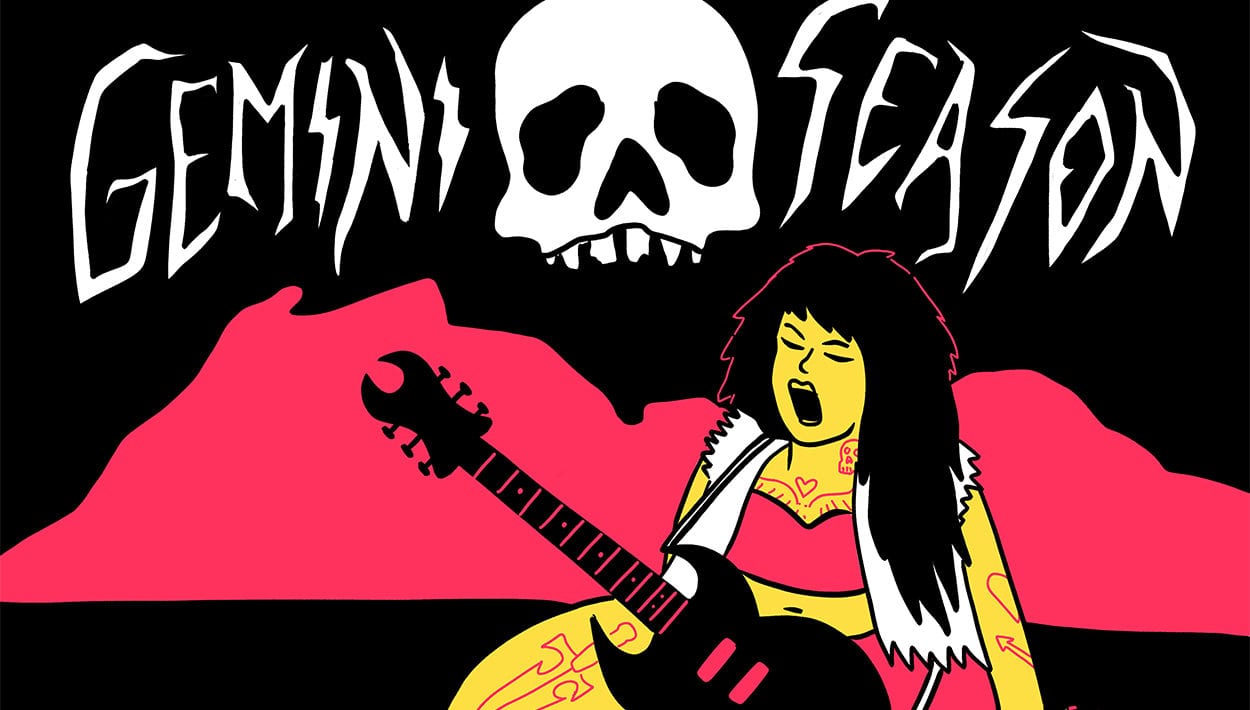
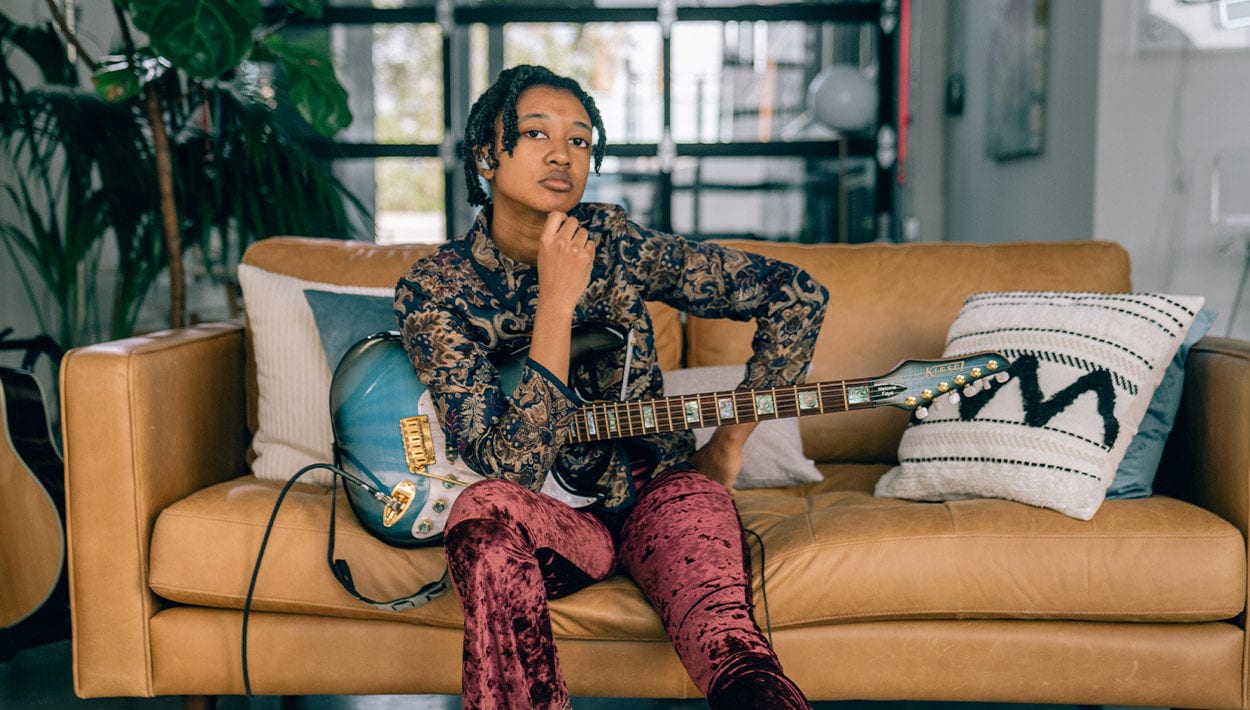
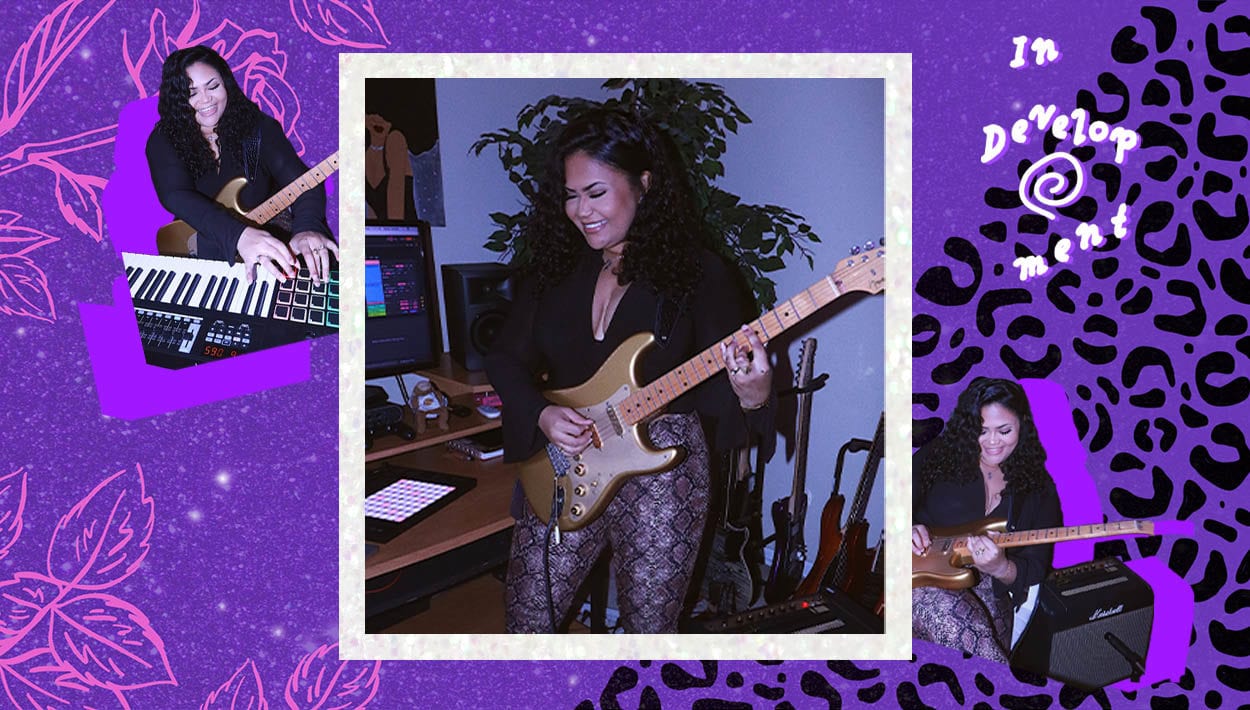
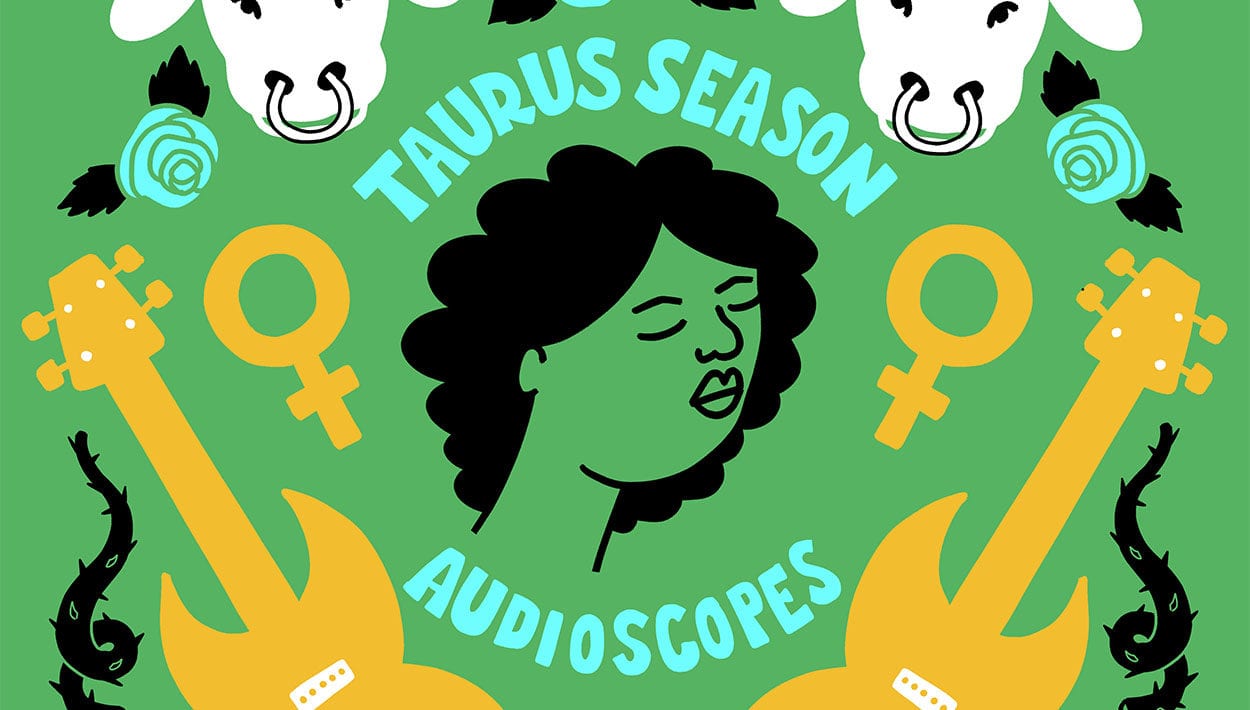


Comments
No comments yet